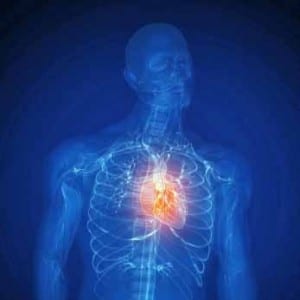Genomics and Medicine, with Aroon Hingorani
By James M Heather, on 19 March 2013
In recognition of February’s status as National Heart Month, Professor Aroon Hingorani recently took to the stage for a Lunch Hour Lecture about the opportunities and challenges associated with using genomics to improve personal and public health.
Genomics is the study of genomes – all of the DNA contained in the cell of an organism.
The ability to read, or ‘sequence’, DNA has been improving exponentially over the last few decades and we can sequence far more DNA than ever before, in less time and at a lower cost.
One of the most significant recent developments in this field was the completion of the Human Genome Project in 2003. This ambitious undertaking provided scientists everywhere with a blueprint of what our genomes look like.
By comparing DNA test results to this template researchers can identify the differences that might cause disease.
However, things are rarely that simple in medicine.
 Close
Close



